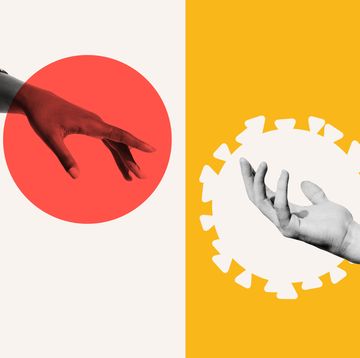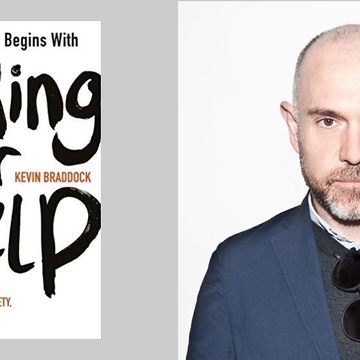England defender Danny Rose has opened up about his battles with depression, triggered by a long injury lay-off and family tragedy.
The Spurs full-back’s brave revelation comes just weeks after Spain legend Andres Iniesta spoke out about his own personal struggles. Slowly but surely, players are breaking the long-standing taboo around football and mental health.
"It's no secret that I've been through a testing time at Tottenham this season," Rose, 27, told several national newspapers in the build-up to the World Cup.
"It led to me seeing a psychologist and I was diagnosed with depression, which nobody knows about."
He added: "I haven't told my mum or my dad, and they are probably going to be really angry reading this, but I've kept it to myself until now."
Rose said that a frustrating time on the treatment table, as well as Tottenham’s good form, exacerbated his depression.
"It all stemmed from my injury when I was advised I didn't need an operation. I don't know how many tablets I took to try and get fit for Tottenham, how many injections I took trying to get fit for Tottenham. I had cortisone and platelet-rich plasma injections trying to be fit for my club.
"I had to have an operation four months down the line - after all that football I missed, when the team was flying and I was playing really well, the team were playing really well.
"I'm not saying I've had worse treatment than anybody else, but it was difficult and that was the start of it."
The defender, who is expected to play in England’s warm-up game against Costa Rica on Thursday, revealed that his knee injury and subsequent eight month treatment and rehab also coincided with a tragic period in his personal life.
"My uncle killed himself in the middle of my rehab, and that triggered the depression as well," said Rose,
"Off the field there have been other incidents: back home in August my mum was racially abused in Doncaster. She was very angry and upset about it, and then someone came to the house and nearly shot my brother in the face - a gun was fired at my house.
"England has been my salvation and I can't thank the manager and the medical staff enough. It was really hard, and being referred to a doctor and psychologist by the Spurs club doctor helped me massively to cope."
His mum's experiences of racism have pushed the player to stop his family from coming to the World Cup in Russia. The Russian Football Union was recently fined a paltry £22,000 for racist chants in a friendly against France.
"If I'm racially abused out there, nothing is going to change," Rose said. "It shouldn't be like that but it is."
"I've told my family I don't want them going out there because of racism and anything else that may happen," he said.
"My dad's really upset. I could hear it in his voice. He said he may never get a chance again to come and watch me in a World Cup.
"That was emotional, hearing that. It's really sad. It's just how it is. Somehow Russia got the World Cup and we have to get on with it."
Earlier in the season, Rose was forced to apologise to his manager Mauricio Pochettino for criticising Tottenham’s transfer policy, but the player has now alluded to deeper disagreements within the club.
"Things were said and things happened behind the scenes at my club, and I don't want to go into any detail because I'll end up being fined again," he said this week.
"I was getting very angry, very easily," he said. "I didn't want to go into football, I didn't want to do my rehab.”
Rose is just one of many professional footballers who have opened up about their mental health recently. In March, Germany stalwart Per Mertesacker told Der Spiegel that crippling anxiety left him close to vomiting on the pitch.
The World Cup winner was widely praised by fans and press alike, and it seems like other stars were bolstered by his bravery.





